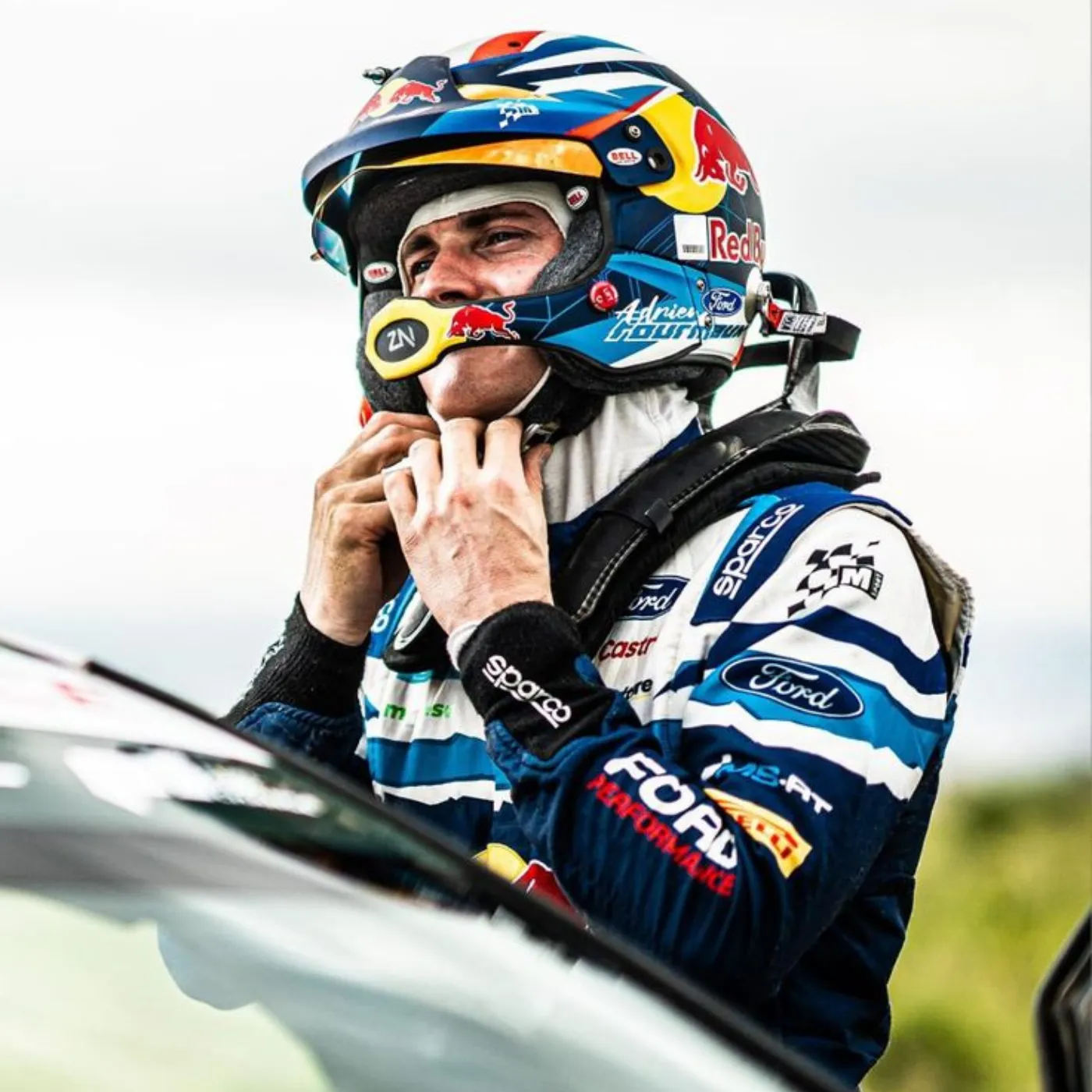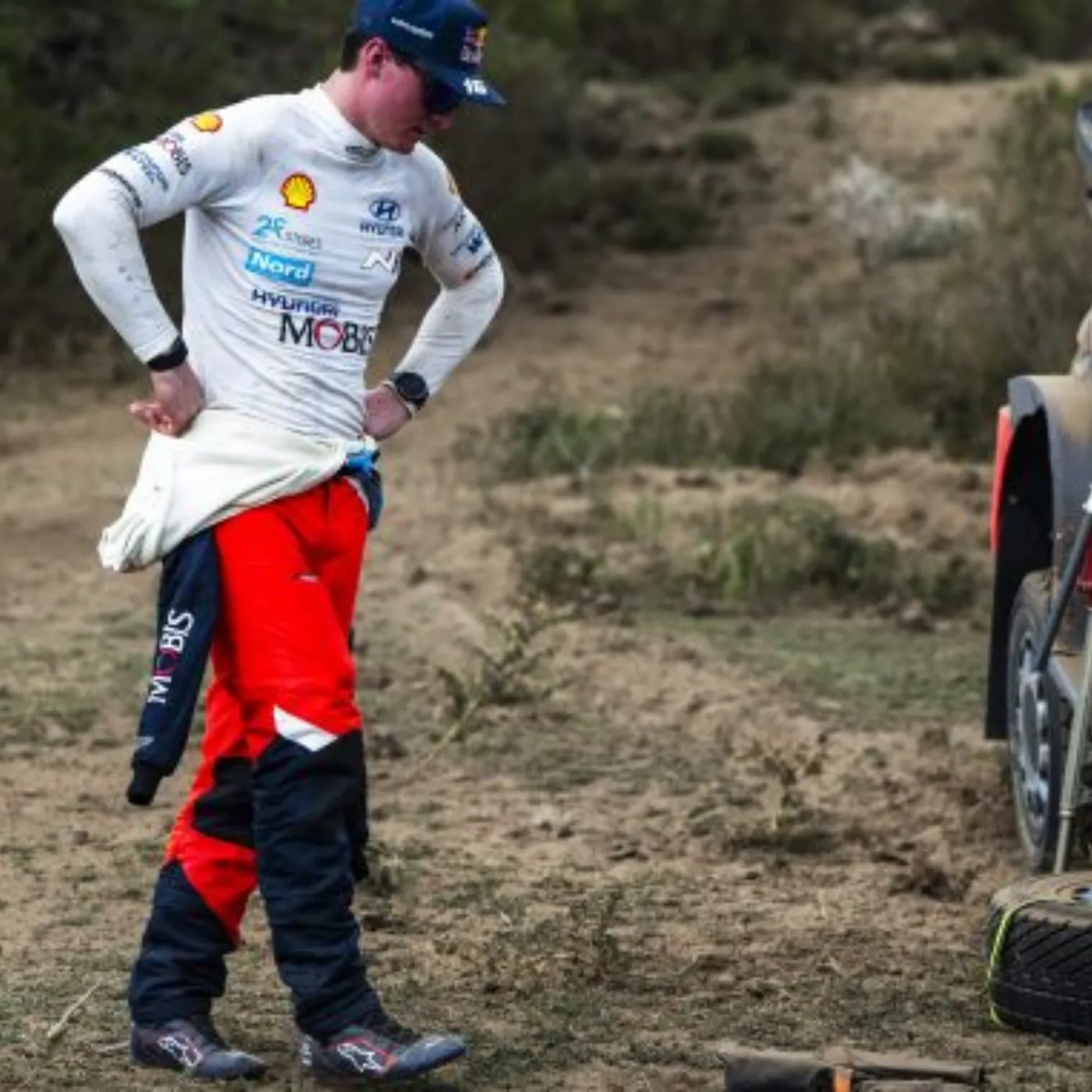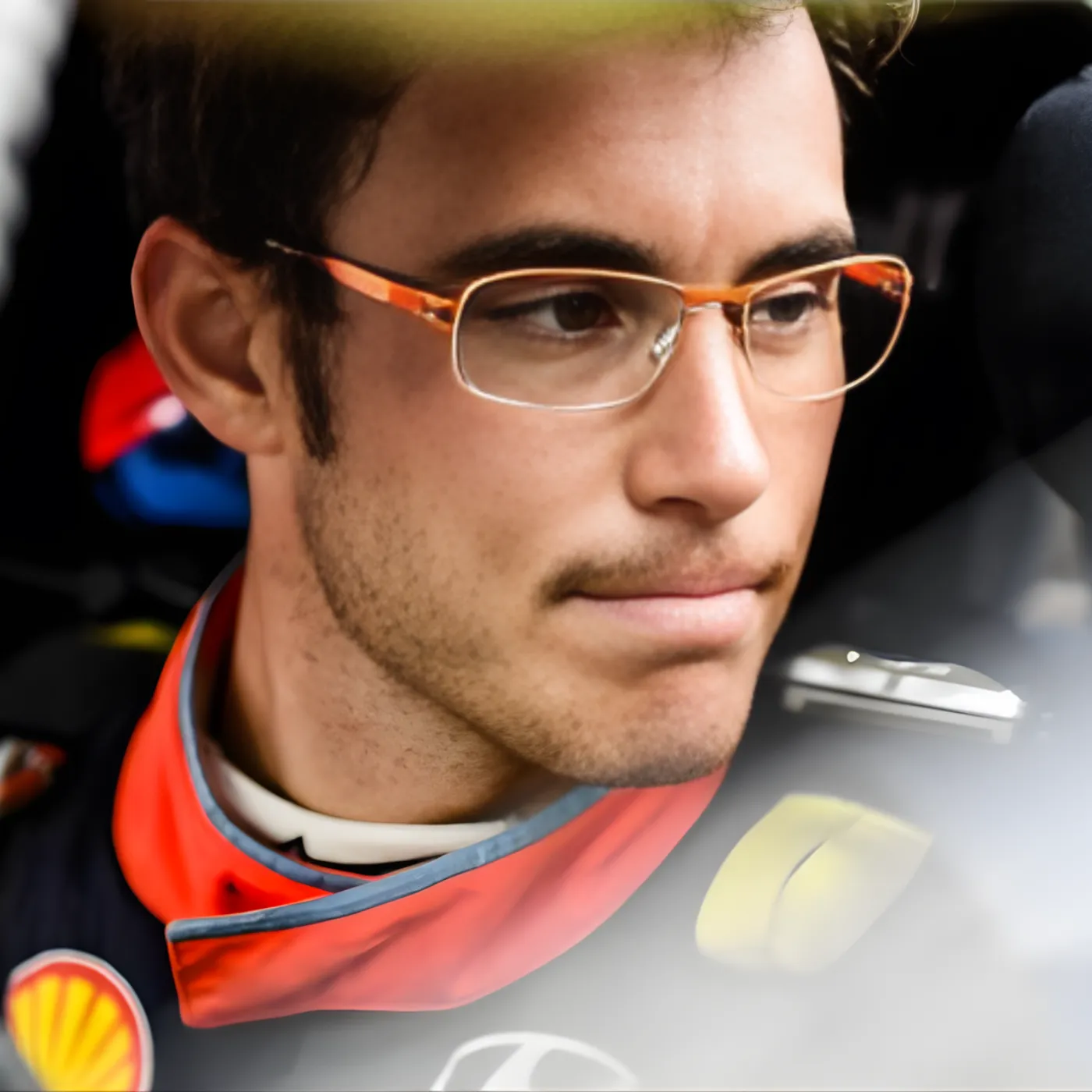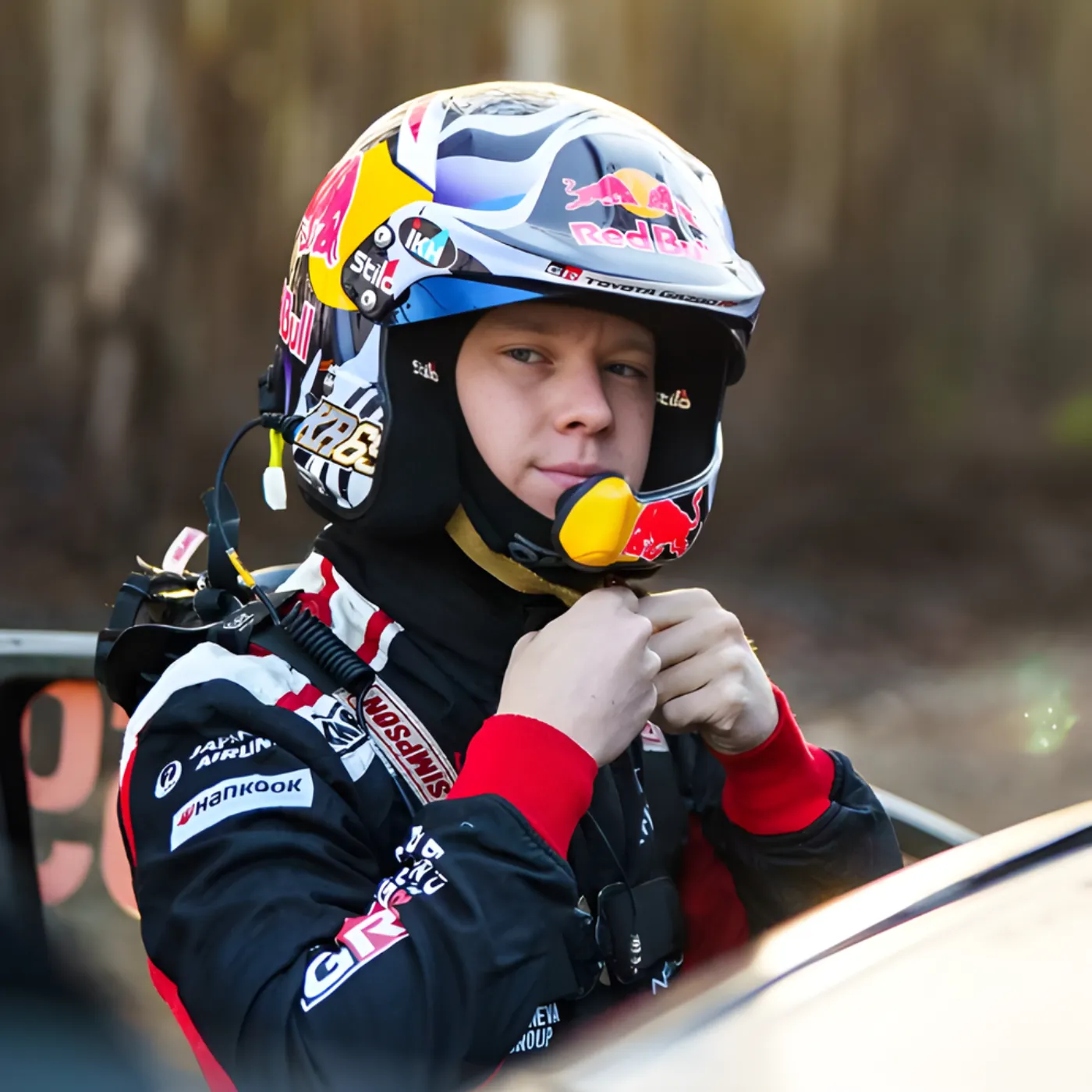

WRC Drivers, Including Fourmaux, Boycott Interviews Over FIA’s Swearing Ban
The World Rally Championship (WRC) has always been an intense motorsport, filled with high-octane action, breathtaking maneuvers, and raw emotions. However, a new rule introduced by the Fédération Internationale de l’Automobile (FIA) has sparked controversy among WRC drivers, leading to a dramatic boycott of interviews. The governing body has implemented a strict ban on swearing in media interactions, prompting backlash from drivers, including Adrien Fourmaux and several high-profile competitors.

The Drivers’ Outrage and Their Unified Stand
Adrien Fourmaux, Ott Tänak, Thierry Neuville, and Elfyn Evans are among the many drivers expressing their frustration over the FIA’s latest directive. For many in the rallying world, emotional outbursts are a natural reaction to the high-stakes environment they compete in. The sport demands intense focus, physical endurance, and split-second decision-making, making it nearly impossible to control every word spoken in the heat of the moment.
In protest against what they perceive as an unnecessary restriction on free speech, drivers have collectively decided to boycott post-race interviews, leaving fans and media personnel without their usual insights and reactions. Their stance sends a strong message to the FIA, highlighting their dissatisfaction with a rule that they believe does more harm than good.
Why Did the FIA Impose a Swearing Ban?
The FIA’s decision to introduce a ban on profanity stems from its desire to maintain a family-friendly image for motorsport. Officials argue that WRC is a global sport with audiences spanning across different age groups, including young fans who idolize these drivers. By enforcing a swearing ban, the FIA aims to ensure that the sport remains accessible and professional in all forms of media coverage.
However, critics argue that this rule ignores the emotional intensity that comes with competing at the highest level. Unlike traditional racing circuits, WRC takes place on unpredictable terrains, where drivers must navigate through treacherous conditions, mechanical failures, and split-second challenges. The passion that fuels these competitors often results in raw, unscripted reactions, which many fans appreciate as a sign of authenticity.
The Impact on Media and Fan Engagement
The boycott of interviews has caused significant disruptions in media coverage. Without direct insights from drivers, journalists and broadcasters are struggling to provide the same level of post-race analysis that fans have come to expect. Many supporters have voiced their disappointment on social media, arguing that the FIA’s rule is stripping the sport of its genuine, unfiltered moments.
Moreover, some sponsors are reportedly concerned about how this controversy could affect their brand visibility. Many partnerships rely on post-race interviews and media appearances, which are now being jeopardized by the drivers’ protest. If this standoff continues, the FIA might face pressure from commercial partners to reconsider or revise its stance.
Adrien Fourmaux Speaks Out
Adrien Fourmaux, one of the most vocal critics of the ban, did not hold back when addressing the issue. Though refusing formal interviews, he took to social media to express his frustration, stating:
“We put our lives on the line in every race. The emotions we feel, the adrenaline that fuels us, cannot be scripted. To ask us to censor ourselves in these moments is not just unfair; it’s unrealistic.”
His statement resonated with many of his peers, who echoed similar sentiments. Some drivers have hinted that unless the FIA revisits the rule, they may continue their media blackout indefinitely.
A Divide in the Motorsport Community
The WRC community is now divided over whether this ban is a necessary measure or an overreach. While some fans support the FIA’s attempt to uphold professionalism, others believe it is a misguided effort that alienates drivers and fans alike. Motorsport has always been known for its high-energy atmosphere, and many argue that raw emotions should not be policed.
Several motorsport analysts and former WRC champions have weighed in on the situation. Some have compared the FIA’s approach to other major sports like Formula 1 and MotoGP, where drivers and riders are given more freedom to express their emotions post-race. Critics point out that other professional sports do not enforce such rigid restrictions on language, so why should WRC be any different?
Possible Outcomes: Will the FIA Back Down?
With tensions rising and the boycott gaining traction, the FIA finds itself in a precarious position. If the organization stands firm, it risks alienating its drivers and facing continued disruptions in media coverage. On the other hand, if the FIA loosens its stance, it might set a precedent where drivers and teams challenge future regulatory decisions.
One potential compromise being discussed is the introduction of a context-based policy, where excessive profanity is discouraged, but drivers are not penalized for genuine emotional reactions during live interviews. Another possibility is allowing a grace period for drivers to cool off before facing the media, reducing the likelihood of emotionally charged language.
Conclusion: A Defining Moment for WRC

The FIA’s swearing ban has ignited a larger debate about free expression, authenticity in sports, and the balance between professionalism and passion. While the governing body aims to maintain a clean image for the sport, it must also recognize the human element that makes WRC so compelling.
As the standoff continues, fans, media, and stakeholders eagerly await the next move from the FIA. Will it hold its ground, or will it acknowledge the concerns of its drivers and seek a middle ground? One thing is certain—WRC has entered a defining moment that could shape the future of driver-media relations for years to come.


















